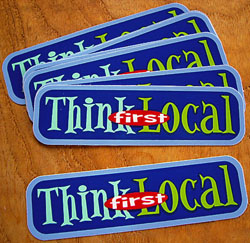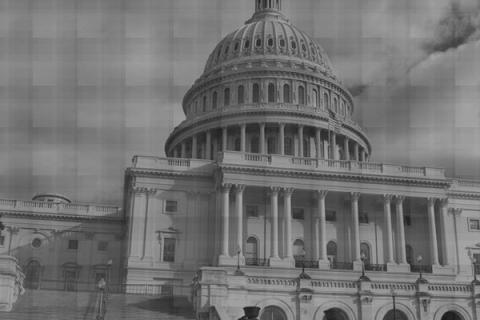Bookending the Fourth of July parade story in the latest edition of my local town weekly are two telling and (unfortunately) common stories – both dealing with budget problems. On one side of the picture of Uncle Sam marching through downtown is the headline “Police station needs work". On the other side, “Property, sales tax in decline”.
Both stories symbolize a growing problem as California faces yet another state budget crisis. Most of the mainstream media stories about this issue focus on state and national matters, yet it is the cities and towns that are the final resting place of cuts.
In the case of my town (Lincoln, CA), the Grand Jury has ordered work done to improve security at a police substation. The city will have to do the work or face judicial action against it. On the other hand, this formerly booming city has rapidly lost sales and property tax income as a result of the housing bust. Many of the newer sections of Lincoln have a fair share of vacant and repossessed homes, and almost all real estate has lost considerable value over the past three years. The Placer County tax assessor has lowered property taxes in concert with the decreasing value of real estate.
Meanwhile, retailers suffering from poor sales have shut down stores that had barely begun operations three years ago, and others are bringing in less revenue and therefore lower sales taxes.
The people of Lincoln are already being asked to vote on an increased utility tax in order to save city jobs that include police and fire workers. Now, additional taxes may be needed to maintain solvency or avoid pushing civic services below acceptable and safe levels.
All of these problems are in the shadow of Sacramento’s issues such as a nearly $20 billion budget shortfall and the inability of the parties to reach agreement on any budget at all. The polarization of Republicans and Democrats over new taxes or reduced spending masks the reality of life in non-partisan city councils such as Lincoln’s. Party imperatives don’t exist at this level, but garbage collection does.
The declaration of “no new taxes” at the state level becomes meaningless in cities and towns throughout the state. They are at the bottom of the food chain and have little choice but to cut services or increase taxes. And since local services are so basic and crucial to everyday life, the choices are neither esoteric nor ideological in nature.
The situation in Lincoln points out yet another reason why politics-as-usual is not working anymore, and it also speaks to the weak representation that comes from a permanent political class ensconced in Sacramento. Citizen-legislators who ferry back and forth to their hometowns and who have no desire for (or right to) a permanent position in the state hierarchy would see through the charade of today’s budgetary battles and lack of timely action.
And those who believe that because they maintain an ideological stance on spending cuts or tax increases are simply ignoring the reality of the cities that end up in deep financial trouble or no-good-choice situations with citizens they see face-to-face everyday of their lives.

